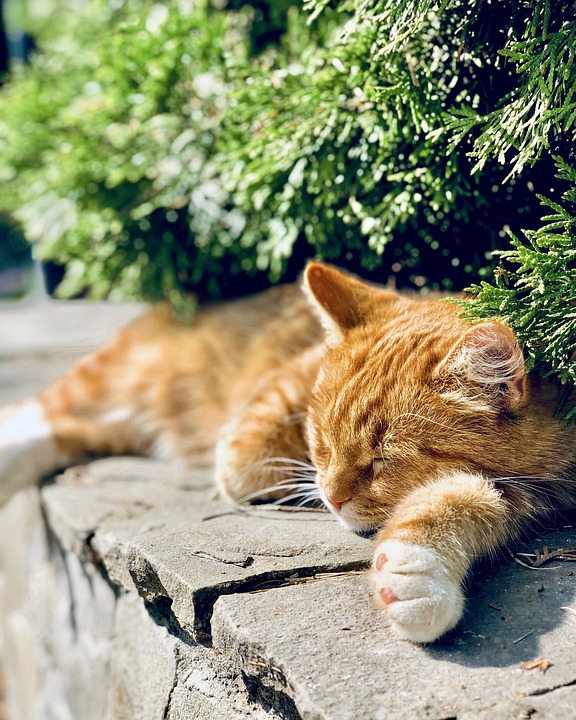Cats are fascinating creatures with unique behaviors. While they may often appear calm and collected, they too can experience anxiety. Understanding the causes and effects of anxious behavior in cats is crucial for their overall well-being and can help pet owners provide the necessary support and care.
One of the primary causes of anxiety in cats is environmental factors. Changes in the home, such as moving to a new house or rearranging furniture, can disrupt a cat’s sense of familiarity and security. Additionally, a lack of stimulation, such as toys or scratching posts, can leave cats feeling bored and anxious. Conflict with other pets in the household can also contribute to anxiety in cats.
Past traumatic experiences can also lead to anxious behavior in cats. Cats that have experienced abuse, neglect, or other traumatic events in their past may develop anxiety as a result. Medical conditions, such as urinary tract infections or gastrointestinal issues, can also cause anxiety in cats due to the discomfort and pain they experience.
Some cats may have a genetic predisposition to anxiety. Just as certain breeds of dogs are more prone to anxiety, certain cat breeds may be more susceptible to anxious behavior as well. It is important for cat owners to be aware of their cat’s breed and any potential predispositions to anxiety.
Identifying signs of anxious behavior in cats is essential for early intervention. Behavioral indicators of anxiety can include excessive grooming, aggression, or withdrawal, and excessive vocalization. Physical symptoms, such as digestive issues, urinary problems, or skin irritations, can also be signs of anxiety in cats.
The effects of anxiety on cats can be detrimental to their overall health and well-being. Chronic anxiety can weaken a cat’s immune system, making them more susceptible to illnesses and infections. It can also lead to weight loss or gain, as well as increased susceptibility to behavioral problems. Social withdrawal and a reduced quality of life are also common effects of anxiety in cats.
Understanding and managing anxious behavior in cats is essential for their long-term health and happiness. Creating a safe environment for cats by providing hiding spots, ensuring sufficient resources, and establishing a routine can help alleviate anxiety. Behavioral modification techniques, such as positive reinforcement and environmental enrichment, can also be effective in managing anxious behavior. In severe cases, calming supplements or medications may be necessary under the guidance of a veterinarian.
While some cats may show improvements over time, anxiety is not something that cats typically outgrow without intervention. However, with the right management techniques and support, anxiety in cats can be significantly reduced, leading to an improved quality of life.
It is important to note that not all anxious cats will require medication. In less severe cases, behavioral modifications and environmental changes may be sufficient. However, in severe cases or when other management techniques aren’t effective, medication may be considered under the guidance of a veterinarian.
The time it takes for behavioral modifications to show results can vary depending on the cat and the severity of their anxiety. It may take weeks or even months to see significant improvements. Patience and consistency are key when implementing behavioral modifications.
While not all anxiety can be prevented, providing a stable and enriching environment, early socialization, and positive reinforcement training can help reduce the likelihood of anxious behavior in cats. Regular veterinary check-ups and consultations with certified animal behaviorists can also be beneficial in preventing and managing anxiety in cats.
In conclusion, understanding the causes and effects of anxious behavior in cats is crucial for providing them with the care they need. By identifying signs of anxiety and implementing appropriate management techniques, pet owners can help their feline companions lead happier and healthier lives. Remember, if you suspect your cat is experiencing anxiety, consult with a veterinarian or certified animal behaviorist for professional advice tailored to your cat’s specific needs.








